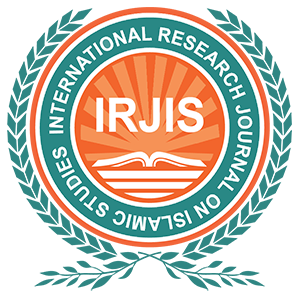Abstract:
The War on Terror started about twenty years ago. Since then, it has undergone alternation. The fight abroad had a domestic dimension reflected in the crafting of national terrorist legislation, especially in Western countries. The home edition of the war, later dubbed the ‘prevention of radicalization’, channeled the polity’s efforts in eradicating religious abnormalities through different measures of didactic, psychological, and social nature. The proposition of Islamic concepts as an indigenous lexicon for alternative reference within the wider inherently secular prevention architecture could redress the assumption that religion is an egregious feature of the past. This academic exercise is much needed due to the inadequacy of previous literature to immerse in a non-hegemonic religiously inspired discourse and provide a new perspective on the continuous engagement with the other. In asserting the utility of such an approach, the author seeks to acknowledge the instrumental role Islamic moral principles can play in prevention.
Keywords: Islam, moral principles, prevention, radicalization, terrorism

